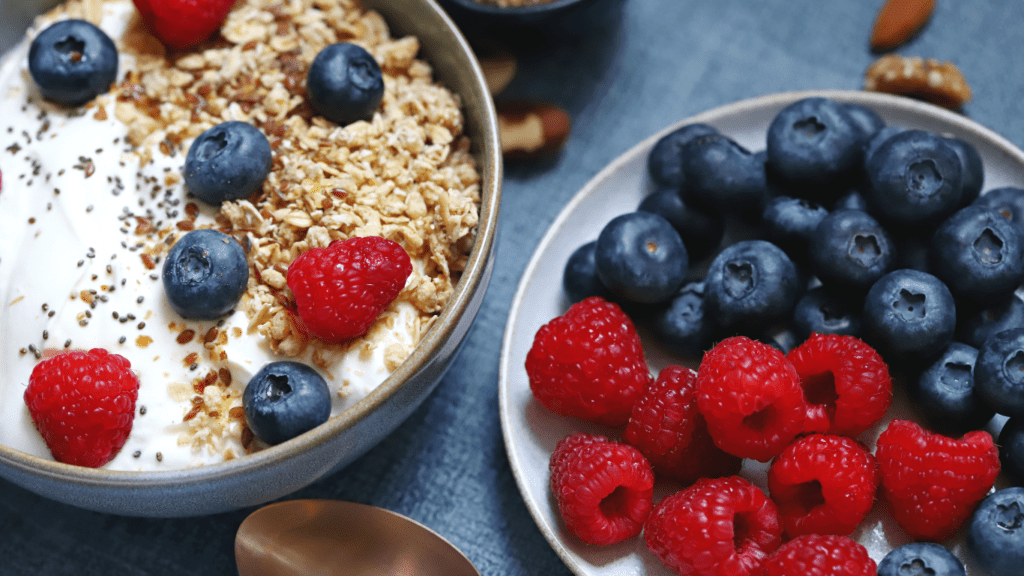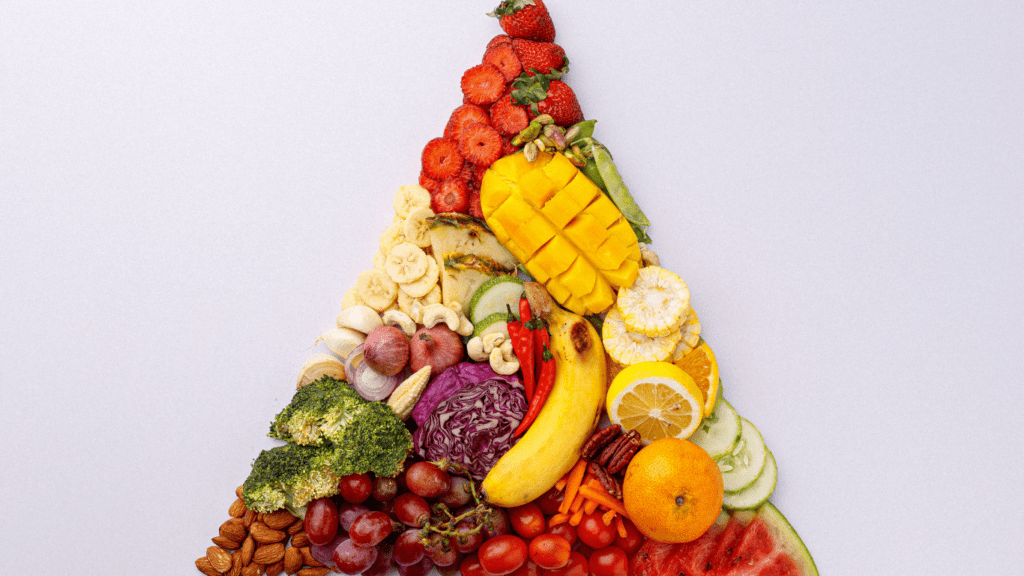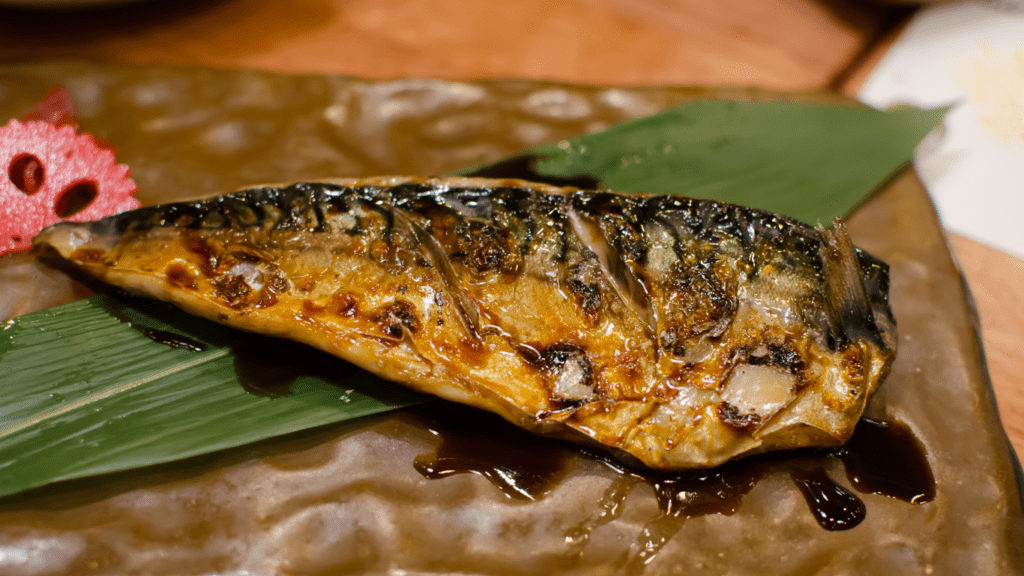Understanding Dry Skin and Its Causes
Dry skin affects many people and can have various underlying causes. Understanding these causes helps in selecting the right dietary choices to alleviate the condition.
The Science Behind Dry Skin
The skin’s outer layer, the epidermis, contains lipids and protein structures that help retain moisture. When these are compromised, skin loses water and becomes dry.
Sebaceous glands within the skin produce sebum, a natural oil that provides a protective barrier.
Inadequate sebum production can lead to dryness. Skin also relies on natural moisturizing factors (NMFs) like amino acids, sugars, and urea to maintain hydration.
Common Factors Contributing to Dry Skin
Several external and internal factors contribute to dry skin. External factors include cold weather, low humidity, and use of harsh soaps or chemicals.
Internally, nutritional deficiencies play a significant role. Lack of essential fatty acids, vitamins A, C, E, and zinc can impair the skin’s ability to retain moisture. Dehydration from inadequate water intake further exacerbates dryness.
Nutritional Approach to Combatting Dry Skin
Maintaining skin hydration from within involves understanding nutrition’s impact. Key nutrients can significantly improve skin health and moisture retention.
Importance of Hydration
Adequate hydration is essential for maintaining skin elasticity and moisture. Water aids in the delivery of essential nutrients to skin cells and the removal of toxins.
I recommend drinking at least 8 glasses (64 ounces) of water daily to keep skin hydrated. Hydrating foods like cucumbers, watermelons, and strawberries also help maintain moisture levels.
Key Vitamins and Minerals for Skin Health
Several vitamins and minerals play crucial roles in skin health.
- Vitamin E: Acts as an antioxidant, protecting skin from damage. Almonds, sunflower seeds, and spinach are rich sources.
- Vitamin C: Vital for collagen production and skin repair. Citrus fruits, bell peppers, and broccoli provide high levels.
- Omega-3 Fatty Acids: Essential for maintaining the skin’s lipid barrier. Sources include fatty fish, flaxseeds, and walnuts.
- Zinc: Supports skin’s repair process and reduces inflammation. Red meat, shellfish, and legumes are good zinc sources.
Incorporate these nutrients through a balanced diet to combat dry skin effectively.
Best Foods to Include in Your Diet for Dry Skin

Including certain foods in your diet can significantly improve dry skin. Key nutrients and hydration from specific food groups benefit skin health.
Fatty Acids and Omega-3 Rich Foods
Incorporating fatty acids and omega-3 rich foods is essential for combating dry skin. These nutrients maintain the skin’s lipid barrier, reducing moisture loss and inflammation.
Foods high in omega-3 fatty acids include salmon, mackerel, chia seeds, flaxseeds, walnuts, and soybeans. For instance, consuming a 3-ounce serving of salmon offers around 1,800 mg of omega-3s. Regular intake aids in maintaining hydration and skin elasticity.
Antioxidant-Rich Fruits and Vegetables
Antioxidants play a crucial role in protecting skin against damage from free radicals and promoting cell repair. Fruits rich in antioxidants include berries like:
- blueberries
- strawberries
- raspberries
as well as citrus fruits such as oranges and grapefruits. Vegetables such as spinach, kale, and bell peppers are also excellent sources.
For example, a cup of blueberries contains 14.3 mg of Vitamin C, contributing to overall skin health. Including these foods in your diet helps in preserving moisture and improving the skin’s texture.
Foods to Avoid for Healthier Skin
While certain foods can boost skin hydration, some can exacerbate dryness and should be avoided. Avoiding these foods can improve skin texture and moisture levels.
Processed Foods and Sugars
Processed foods, like frozen meals and snacks, often contain preservatives and low-quality fats that can deplete the skin’s natural oils.
High sugar intake can cause inflammation, leading to skin issues such as dryness and premature aging. Examples include pastries, candies, and soda. Reducing these foods can help maintain skin hydration.
High-Sodium Snacks and Meals
High-sodium snacks and meals, such as chips, salted nuts, and canned soups, can lead to dehydration. Sodium draws water out of cells, leaving the skin dry and less elastic. Consuming lower-sodium alternatives and focusing on fresh, whole foods can support better skin health.
By avoiding these detrimental foods, it’s possible to enhance the benefits of hydration and nutrient-rich foods, leading to more supple and healthier skin.


 Bradley Frankirly is a distinguished article writer at Body Care And Matter, bringing a unique perspective to the world of health and wellness journalism. With a keen eye for detail and a passion for storytelling, Bradley crafts articles that resonate deeply with readers, offering both informative content and a relatable narrative.
Bradley Frankirly is a distinguished article writer at Body Care And Matter, bringing a unique perspective to the world of health and wellness journalism. With a keen eye for detail and a passion for storytelling, Bradley crafts articles that resonate deeply with readers, offering both informative content and a relatable narrative.

